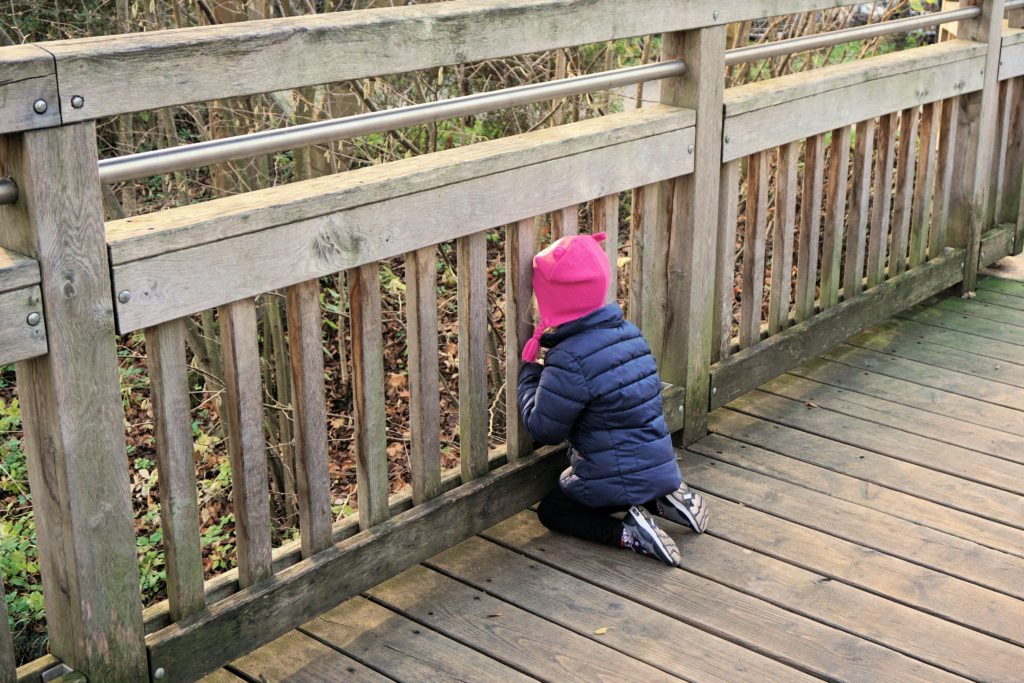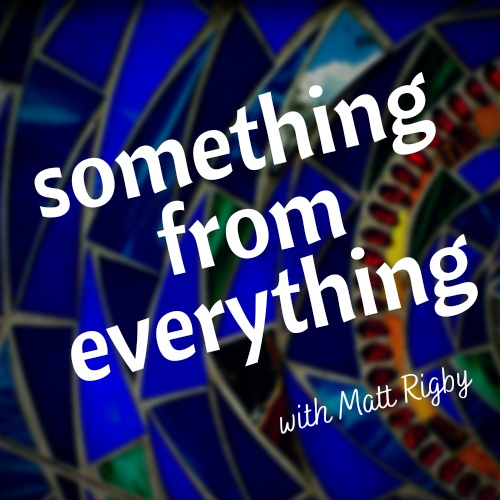
Curiosity and The Beautiful Question
As a young child, I loved Curious George. Probably because he could still smile while spewing fish, look dope smoking a pipe, escape fascist firemen and float through the air on a couple of coins worth of helium balloons. As a small child, I’m sure that the striking similarities between the unending curiosity of monkeys and small children was lost on me.
As a parent of small children now, the connections are no longer lost. My children have been much more enraptured with George’s television exploits, but the kindred spirit of curiosity is still there, and still met with a hunger to discover. PBS’ now discontinued run of Curious George has taught me a shameful amount of knowledge as well, and I have been laughed at more than once by my children when admitting acquiring new knowledge from a cartoon show.
The curiosity of children is unending – if allowed. Given the senses to see the world, and the space to play and explore, imagine how truly magnificent and strange it all must seem to new eyes. Imagine being so close to the ground that you see the different blades of grass, the stocks and prickles and flowers of weeds that make up the green/yellow/brown tapestry. Image your vantage point being so low that you crane your neck to see the tops of trees, buildings, surrounding hills, or passing clouds. Imagine the wonder.
Wonder is a gift that we don’t truly appreciate the significance of until we rediscover it years later. I’m sure that my youngest years were marked by uninhibited marvel. But then for years as an older, only child, I valued the praise of adults who noticed how mature I was over childish questions. As a teenager, I valued conformity to peers and parents alike (in different settings) over wonder. As an early adult in my twenties I valued certainty over awe and curiosity. Eventually though, I became bored and trapped with acting certain. For it is a small world indeed that we have all the answers to.
I wish I could tell you a concrete starting point of curiosity, but it came on slowly, covertly and constant. Eventually it was ubiquitous. I remember the moment I realized that something had already changed. I was listening to a CBC program on gardening. I hate gardening. But they were explaining the proper growing conditions for potted tomatoes in the Okanagan region. Maybe I might want to know a thing or two about potted tomatoes. I wanted to know a thing or two about all the things.
I listened to a lot of podcasts and audio books. I began to deconstruct and reconstruct my faith. I began to appreciate good stories, clever communication, an apt turn of phrase.I began to develop an appreciation for the best and brightest among us and a simultaneous awe for our common connectedness and humanity. As I walked/ rode/ gardened/ washed/ folded and listened, I grew in knowledge and became more curious still. The world became larger, then larger still.
When tragedy struck our family in 2011, it gave me the permission to reboot my life, but in many ways curiosity had laid the groundwork. In the long slow process of two steps forward, one step back, I began to let go of unexamined certainty and hidden fear.
Can I emphasize once again how non-linear, how fearful, and how slow this process is? It might make for a compelling story to tie it all up neatly and brag about how far I’ve come – but that’s just a different form of the illusion of certainty, right? I still find myself casting an appearance of certainty, still attempting to fool others and myself into believing I’ve got it all figured out. Still perfecting the art of bullshitting. But occasionally I surrender into the bliss of admitting my ignorance and embracing the new, unhindered by my posturing.
Besides, as already discussed on this site, knowledge is nothing. Wisdom – knowing what to do said knowledge – that’s the real trick. Not so much knowing the answers as knowing how to ask the good and beautiful questions.
There is this quote from the Biochemist Issac Asimov that asserts that “the most exciting phrase to hear in science, the one that heralds new discoveries, is not ‘Eureka!’ (I’ve found it!), but ‘That’s funny…”. The scientist begins with curiosity and wonder and begins to form a more concrete question regarding the anomaly. And I think we can do the same.
The philosopher poet David Whyte suggested that a beautiful mind is shaped by beautiful questions. That a beautiful question can set or re-align the trajectory of our life, even without our full awareness of the course correction. I think it’s precisely the curiosity and awe that makes a question beautiful. It had to be big enough for our life, bigger than our life. A question born of restlessness and intrigue. A question not easily or simply answered with a quick google search. A question that may take years of pondering and intention and effort, or even our entire lives.
Elon Musk finds himself stuck in traffic in Los Angeles and begins to ask if there isn’t a better way for mass transportation between communities and cities, and the seeds of the hyperloop experiment are planted. Brene Brown begins to notice common qualities in people living wholeheartedly, and a national conversation about shame and vulnerability is birthed. Krista Tippet begins to wonder if the most strident and hoarse voices in religion and science are setting up a false dichotomy, and an articulate conversation emerges on how both fields overlap and complement our lives.
How many beautiful minds, acts, inventions, initiatives- all come to be because of a beautiful question?
And more importantly, what beautiful questions are calling out to you and me, even now?

July 7, 2016 at 5:55 pm
Grest post! I can’t belive C. Monkey smoked a pipe!!!!
July 7, 2016 at 6:37 pm
He also drank a bottle of ether…
Curious George. No good little monkey.